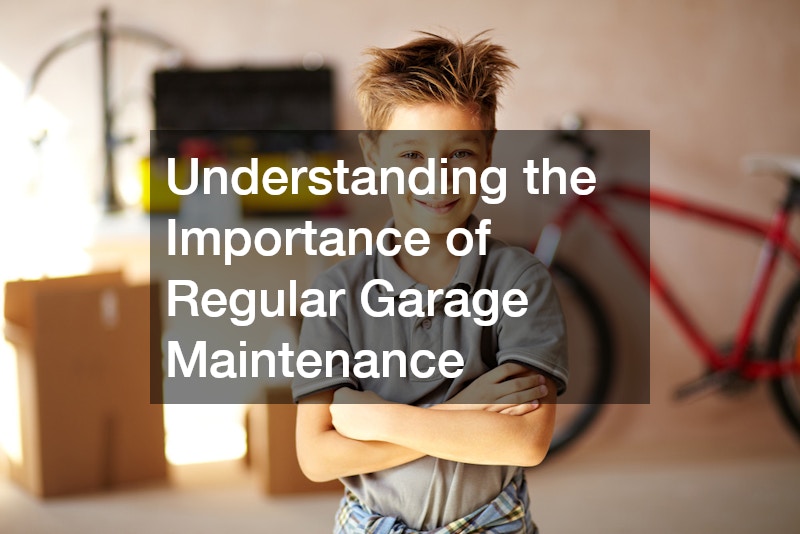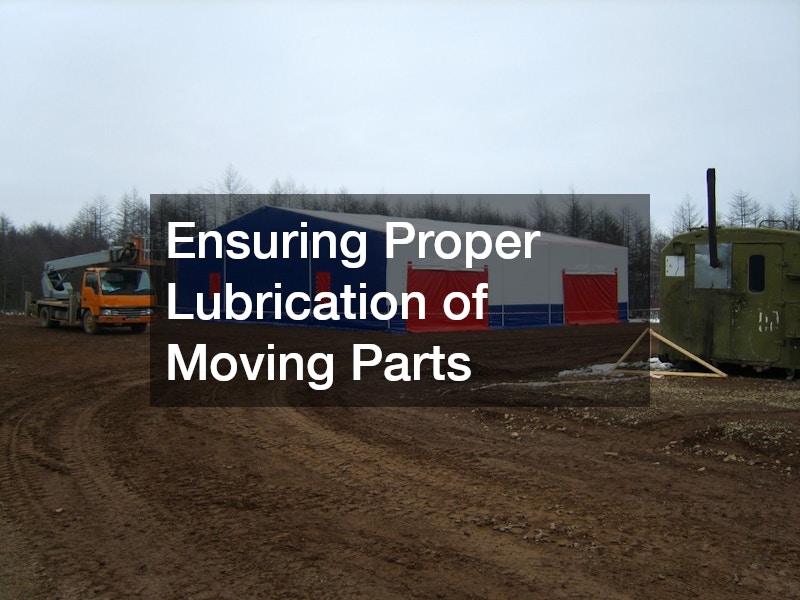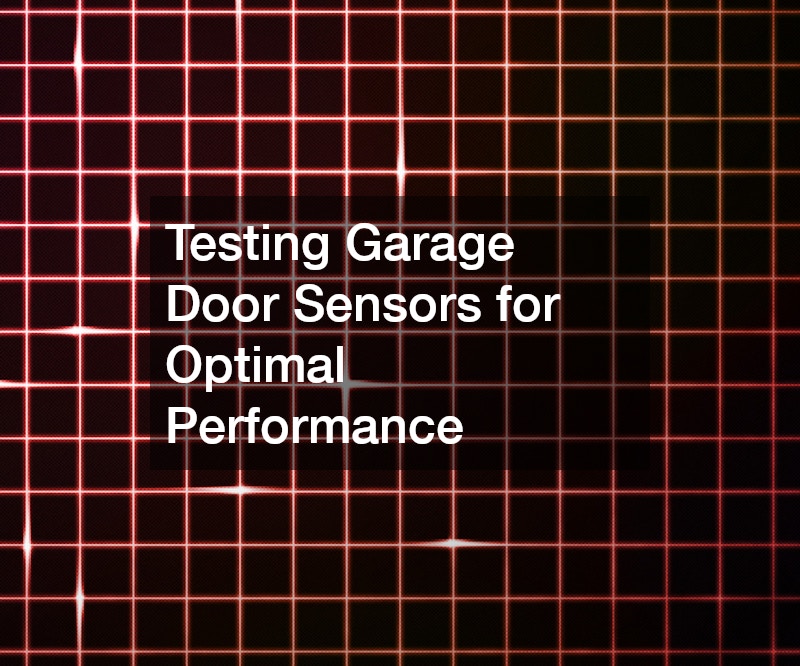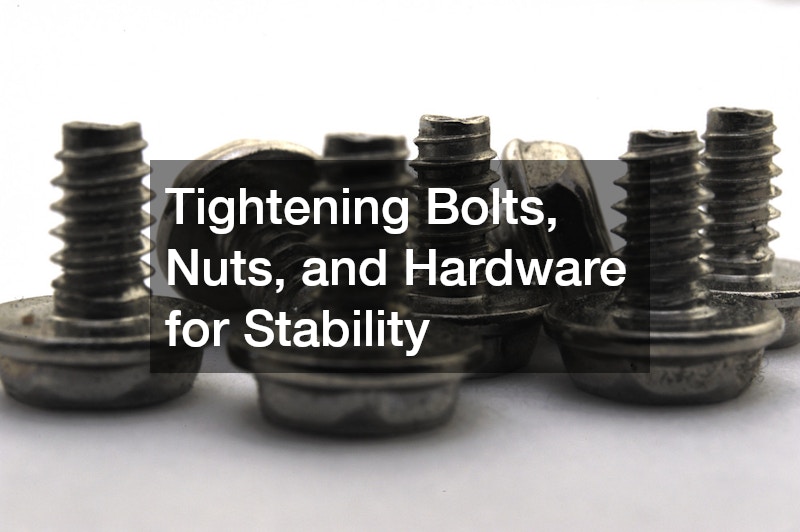Assessing Your Garage’s Condition
A garage tune up is an essential maintenance task that helps keep your garage in optimal working condition. Just like any other part of the home, the garage requires attention to ensure its functionality and longevity. Whether it’s the door, flooring, or mechanical systems, a well-maintained garage can prevent costly repairs, enhance safety, and contribute to the overall aesthetic of your home. Regular tune ups can also identify small issues before they become major problems, saving you time and money in the long run. By performing routine checks and addressing any concerns promptly, you ensure that your garage operates smoothly and remains a useful part of your home.

Understanding the Importance of Regular Garage Maintenance
Regular garage tune ups are crucial to maintaining the overall health and functionality of your garage. Just as you would schedule routine maintenance for your vehicle at an auto repair service, your garage requires the same level of care. From the doors to the flooring, each component of your garage experiences wear and tear over time, which can lead to costly damage if left unchecked. Routine tune ups not only ensure that your garage remains in good condition, but they also help maintain the value of your property by addressing any potential issues before they become major repairs. Preventive care is essential in extending the lifespan of your garage and keeping it functional.
Focusing on specific tasks during a garage tune up, such as inspecting the moving parts of the door, cleaning the tracks, and checking the safety features, ensures that your garage operates smoothly and efficiently. Neglecting these aspects can lead to operational issues like doors not closing properly or sensors failing to work. By incorporating a regular maintenance schedule, similar to how you would take your vehicle to an auto repair service, you can ensure that every element of your garage is functioning at its best, minimizing the risk of unexpected breakdowns or expensive repairs.
Inspecting Key Garage Components for Wear and Tear
One of the primary objectives of a garage tune up is to inspect key components for signs of wear and tear. Over time, elements such as the garage door, flooring, and mechanical parts can deteriorate due to constant use and exposure to the elements. Regularly examining these components ensures that any signs of damage, such as rust, cracks, or misalignment, are addressed early on. Checking for wear and tear is particularly important because it allows homeowners to maintain the structural integrity of the garage, preventing minor issues from escalating into more serious, costly repairs. Keeping track of potential problem areas will ultimately extend the life of your garage.
For example, when inspecting the garage floor, consider the quality of materials like epoxy floor supplies, which can help protect against spills, stains, and abrasions. An epoxy-coated floor not only provides a durable and easy-to-clean surface but also reduces the impact of wear and tear on the underlying concrete. During a garage tune up, checking the condition of the flooring ensures that it remains intact and serves its purpose effectively. If any areas of the epoxy coating appear worn, addressing them promptly will prevent further damage and maintain the safety and appearance of your garage.

Ensuring Proper Lubrication of Moving Parts
Proper lubrication of moving parts is a critical component of any successful garage tune up. Over time, components such as hinges, rollers, and tracks can become dry or accumulate dirt, leading to friction and wear that can hinder the smooth operation of your garage door. Applying the right lubricant to these moving parts ensures that everything functions effortlessly, reducing the risk of breakdowns and increasing the longevity of the system. Neglecting this simple yet vital step can result in more serious damage to key mechanisms, leading to costly repairs or even replacement. A well-lubricated system operates more quietly and efficiently, which is beneficial for both performance and comfort.
When performing a garage tune up, it’s important to use high-quality lubricants recommended by a reputable garage door company. Lubricants specifically designed for garage doors help reduce the strain on moving parts, ensuring they work seamlessly for longer periods. Pay special attention to the hinges, rollers, springs, and tracks, as these areas experience the most friction during operation.
Checking and Adjusting Garage Door Springs and Cables
Another key aspect of a garage tune up is checking and adjusting the garage door springs and cables. These components play a vital role in the operation of your garage door, as they handle the door’s weight and ensure it opens and closes smoothly. Over time, springs and cables can weaken or become misaligned, causing issues such as an unbalanced door or difficulty opening and closing. Regularly inspecting these parts for signs of wear or damage is essential for maintaining the safety and performance of your garage. Springs, in particular, are under significant tension, making them one of the most crucial parts to monitor during a tune up.
When it comes to making adjustments or repairs, seeking assistance from a local garage door repair service is often necessary. Springs and cables can be dangerous to handle without proper tools and expertise, so if you notice any signs of damage—such as frayed cables or excessively stretched springs—it’s best to consult professionals. Ensuring these parts are functioning correctly will help prevent accidents and ensure your garage door operates reliably.

Testing Garage Door Sensors for Optimal Performance
A comprehensive garage tune up includes testing the garage door sensors to ensure they are functioning correctly. These sensors are a key safety feature that prevents the door from closing if an obstruction is detected in its path. Over time, dust, dirt, or misalignment can interfere with the sensors’ performance, causing the door to behave erratically or fail to close altogether. Regularly testing the sensors ensures they continue to provide reliable protection, reducing the risk of accidents or damage to your belongings. Additionally, clean and well-functioning sensors contribute to the overall smooth operation of your garage door system.
During your garage tune up, make sure to clean the sensor lenses and verify that they are properly aligned and unobstructed. If the sensors are not working as they should, it’s crucial to address the issue promptly. Testing the garage door sensors is an easy yet important step in ensuring the safety and efficiency of your entire garage system.
Replacing Worn-Out Weatherstripping to Improve Efficiency
As part of a thorough garage tune up, replacing worn-out weatherstripping is crucial for maintaining energy efficiency and preventing external elements from entering your garage. Weatherstripping acts as a seal between the garage door and the ground, keeping out drafts, water, dust, and pests. Over time, the weatherstripping can crack, wear down, or lose its flexibility, compromising the insulation of your garage and allowing unwanted debris or moisture to seep in. By regularly inspecting and replacing damaged weatherstripping, you ensure your garage remains well-sealed and energy-efficient, which can also help lower your heating and cooling costs.
Weatherstripping, much like the materials used by a paving company to seal cracks in the pavement, serves as a barrier that protects your garage from the elements. During your garage tune up, pay attention to any signs of wear, such as visible gaps or brittleness in the weatherstripping. If you notice these issues, it’s time to replace them with a durable, high-quality option.

Tightening Bolts, Nuts, and Hardware for Stability
One often overlooked aspect of a successful garage tune up is tightening all the bolts, nuts, and hardware that hold various components in place. Over time, the vibrations and movements of your garage door’s operation can cause these fasteners to loosen, leading to instability and, potentially, malfunctions. A periodic check to ensure that all bolts and nuts are securely tightened helps maintain the structural integrity of your garage door system. Loose hardware can cause operational problems, such as increased noise or difficulty in opening and closing the door, and, if left unattended, can even result in more serious damage or the need for replacements.
When conducting your garage tune up, think of it as performing maintenance on a driveway, where an asphalt contractor might ensure that the surface is smooth and stable. Similarly, tightening all the hardware ensures that your garage operates seamlessly and prevents unnecessary wear on the system. Pay close attention to hinges, tracks, and brackets, as these are critical points where stability is essential.
Cleaning Tracks and Rollers for Smooth Operation
Cleaning the tracks and rollers of your garage door is a vital step in any garage tune up. Dust, dirt, and debris can accumulate in the tracks over time, hindering the smooth movement of the door and potentially causing it to become misaligned. This buildup can lead to increased friction, which wears down the rollers and makes the door’s operation noisy and less efficient. Keeping the tracks and rollers clean not only ensures smoother performance but also extends the life of your garage door. Regular cleaning also helps prevent issues like sticking or jerky movements when opening or closing the door.
Similar to how a sealcoating process protects asphalt surfaces from the elements, cleaning and maintaining the tracks and rollers safeguard the functionality of your garage door. During your garage tune up, use a damp cloth to wipe down the tracks remove any debris, and inspect the rollers for signs of wear. If the rollers are damaged or excessively worn, replacing them is a simple and cost-effective fix that can drastically improve the door’s performance.
Assessing the Garage Door Opener System
A vital part of any garage tune up is assessing the garage door opener system. This system, which includes the motor, remote controls, and safety features, plays a central role in the door’s operation. Over time, electrical components can wear out, and misalignments or mechanical issues can occur, leading to malfunctions. Regularly testing the garage door opener ensures that the motor is functioning correctly and that all safety mechanisms, such as the auto-reverse feature, are operational. Without these checks, you may encounter unexpected breakdowns or safety risks, especially when the system is under heavy use.
Much like the importance of a solid roof maintained by a roofing company, the garage door opener system forms a critical part of the garage’s structure. During your garage tune up, make sure to listen for any unusual sounds coming from the motor, check the remote’s battery life, and test the opener’s response time.
Scheduling Professional Garage Service
While many tasks involved in a garage tune up can be done by homeowners, there are times when professional help is needed to ensure the job is done thoroughly and safely. Scheduling regular tune ups with professionals can help identify and address problems that might not be apparent during routine checks. Just as you would hire a local electrician to inspect your home’s wiring, hiring a garage maintenance professional ensures that all components, including electrical systems, springs, and sensors, are functioning correctly and meet safety standards. Professional inspections also provide peace of mind, knowing that your garage is operating at its best.
A professional tune up can detect issues that might go unnoticed, such as small mechanical failures or electrical malfunctions that could worsen over time. If you’ve performed basic tasks like lubrication and cleaning but still notice performance issues, it’s time to consult with a specialist. A local electrician, for example, can assess any electrical concerns related to your garage door opener, while a technician can address more complex mechanical issues.
Maintaining a Healthy Garage Condition
Performing a garage tune up is a proactive way to maintain your garage’s functionality, safety, and efficiency. By regularly inspecting the various components, such as the door’s moving parts, weatherstripping, tracks, and opener system, you can identify minor issues before they escalate into costly repairs. A thorough tune up also extends the life of your garage, helping you avoid unexpected breakdowns and ensuring that everything operates smoothly. Whether you’re handling simple tasks like tightening bolts and cleaning rollers or seeking professional help for more complex issues, routine maintenance is key to preserving the longevity of your garage.

